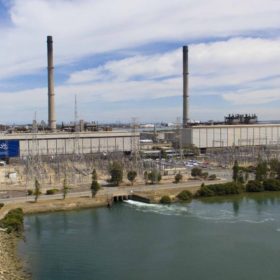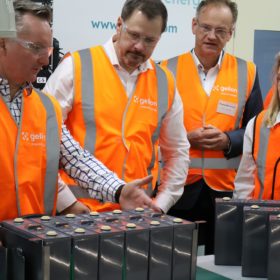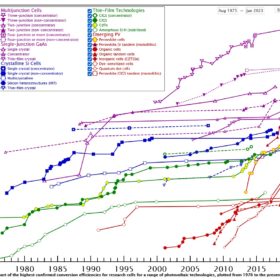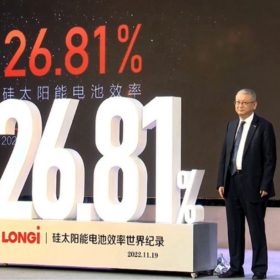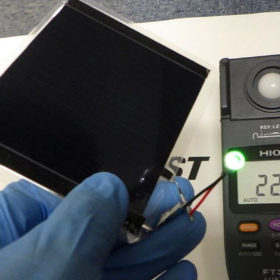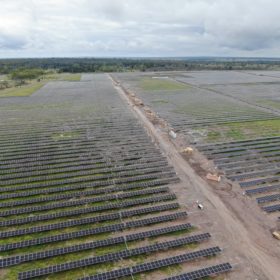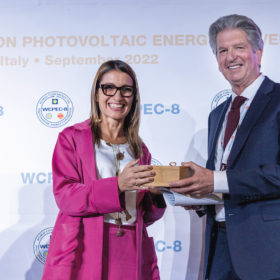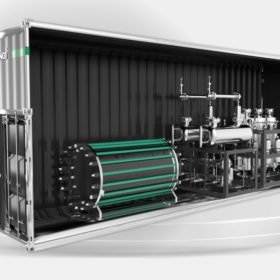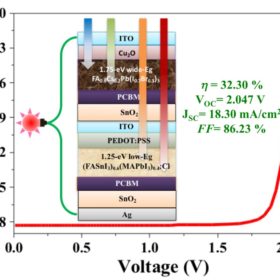Rise of renewables sparks closure of Torrens Island gas power plant
Energy giant AGL has disclosed it will shutter its gas-fired Torrens Island B power station in South Australia within four years, citing the impending completion of a new electricity interconnector that will link power grids across three Australian states, unlocking gigawatts of new wind, solar PV and storage projects.
Building renewables emits carbon, but building them faster emits far less
A new study by Columbia University’s Climate School looks at the carbon emissions needed to build renewable energy.
Feds give CEFC $500m funding boost for renewable tech commercialisation
The Clean Energy Finance Corporation, effectively the federal government’s green bank, has been allocated a further $500 million (USD 332 million) to invest in the commercialisation of renewable energy, energy efficiency and other technology innovations.
Interactive chart of solar cell efficiency updated
The US National Renewable Energy Laboratory (NREL) has released a new, interactive version of its research cell efficiency chart for a range of PV technologies.
Green rates feat after Longi achieves record 26.81% with silicon cell
Chinese solar manufacturing giant Longi has announced the achievement of a world record 26.81% conversion efficiency from a cell utilising heterojunction technology on full-size silicon wafers in mass production. The company said the measurement has been validated by Germany’s Institute for Solar Energy Research.
Roadmap to achieve CIGS solar modules with efficiencies above 20%
Japanese scientists have described the steps that need to be taken to improve the average efficiency of CIGS solar modules, from around 18.5% at present to more than 20%. They presented all of the critical technical factors that are currently holding the tech back from broader market adoption.
IEA outlines standardised guidelines for solar O&M
The International Energy Agency Photovoltaic Power System Programme has standardised guidelines for operation and maintenance programs for large-scale solar plants. It defines O&M performance indicators and standard O&M operator services, as well as tools to analyse PV plant performance and safety.
Weekend read: A sustainability swan song
Pioneering PV researcher Martin Green has received an abundance of accolades over his 50-year career of fundamental solar research with teams at the University of New South Wales (UNSW). That contribution was further recognised on Sept. 26, when he picked up the WCPEC-8 Award in Milan, Italy. Green spoke with pv magazine about the role of technologies such as PERC cells and his efforts to advance non-toxic thin film semiconductors for the tandem cells of the future.
Is hydrogen about to have its solar moment?
As Longi and other solar manufacturers kick off massive growth in hydrogen generation capacity, expect large price decreases resulting from steep learning curves, echoing the rapid advances experienced by the solar power industry since the 1970s.
All-perovskite two-terminal tandem solar cell tech with 32.3% efficiency
Indian scientists have designed a new all-perovskite tandem solar cell configuration that can reportedly achieve higher efficiencies than similar devices built with the same materials. The top perovskite cell has a wide bandgap of 1.75 eV and the bottom perovskite cell has a bandgap of 1.25 eV.
